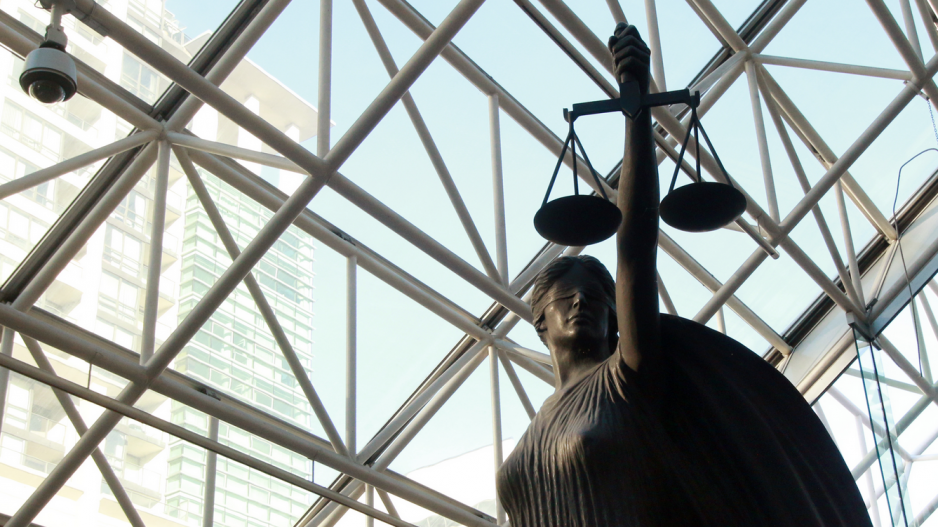The B.C. government recently introduced Bill 21—the Legal Professions Act (2024)—into the legislature. Lawyers across B.C. are deeply concerned about Bill 21 for several reasons, including that it ends lawyer independence in our province.
The provincial government has rationalized Bill 21 by arguing that it will improve access to justice by lowering costs for British Columbians in need of legal assistance. Access to justice needs to be improved in B.C., yet Bill 21 does nothing to improve it—in fact, it distracts from the B.C. government’s continued diversion of funding intended for legal aid to instead support general government revenues and spending.
B.C. is unique among all provinces in that it charges a seven-per-cent provincial sales tax (PST) charge on legal services, which makes these services more expensive than they otherwise would be. When the PST charge on legal services was introduced in 1992, the government promised that the revenues generated by the tax would be used to fund the legal aid budget, thereby improving access to justice for those in need. This was by design and stemmed from the recommendations of the Agg Report of the same year.
However, revenues from the seven-per-cent tax on legal services began to be diverted in 2002, when a draconian series of cuts to the legal aid budget (amounting to as much as 40 per cent of the budget) were implemented. Significant amounts of the revenue generated by the tax on legal services have been diverted into general provincial government revenues and spending ever since. In February of this year, the Canadian Bar Association BC Branch noted in a statement that the “amount of PST paid by British Columbians on their legal fees is estimated to be $230 million each year with approximately $130 million allocated to Legal Aid BC.” This means, of course, that the government has underfunded legal aid by around $100 million every year and has no plan to fix that fundamental problem.
Instead of addressing the issue and directing revenue from the legal services tax back towards funding legal aid, or reducing the seven-per-cent tax to make legal services more affordable, the B.C. attorney general has decided to embark upon a cynical path of distraction and diversion. Rather than taking responsibility for the policy failure of the B.C. government to properly fund legal aid, government is attempting to distract and divide British Columbians through Bill 21, by instead blaming lawyers and other legal professions for the high cost of legal services.
Bill 21 does nothing meaningful to address or reform the structural issue of underfunded legal aid services. It does nothing to reduce or eliminate the diversion of legal services tax revenues away from legal aid funding. Bill 21 also contains no measures to alleviate concerns about rising insurance costs for some legal professions if their scopes of practice are broadened. In fact, upon inspection, it is very difficult to find any section in Bill 21 that would have any tangible impact on the cost of legal services or access to justice.
It is more likely that this bill is a cynical distraction from the fact that this government is continuing to divert funding intended for legal aid services into general revenue instead. It is also a dangerous bill that is designed to give this government more control over the legal profession, when one of the primary functions of an independent legal profession in a functioning democracy is to act as a check and balance against government overreach.
It’s time for the B.C. government to take accountability for their access to justice policy failures, shelve Bill 21, preserve the independence of the legal system and restore funding for legal aid instead of diverting it.
Michael Elliott is president of the Trial Lawyers Association of BC.




